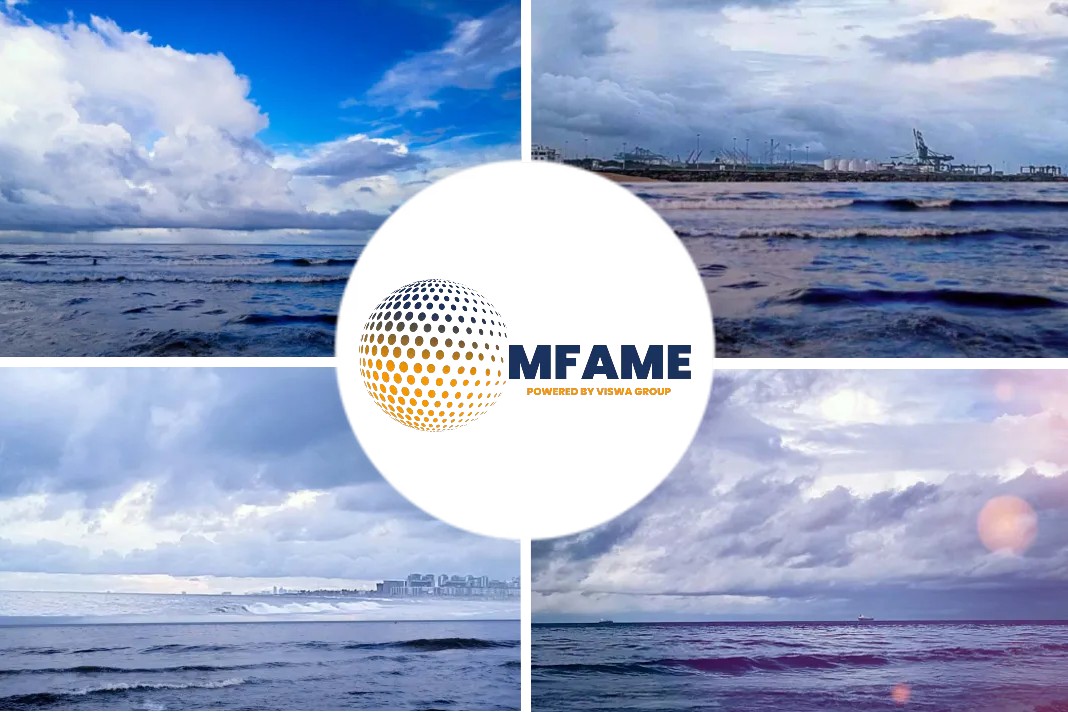- Commercially viable deep-sea Zero-Emission Vessels (ZEVs) will be in operation by 2030 to address IMO regulations.
- Samsung Heavy Industries (SHI), Lloyd’s Register and MAN Energy Solutions come together on a joint development project (JDP) for an ammonia-fueled tanker.
- The maritime industry needs leadership and greater collaboration if shipping is to meet the – IMO 2050 target.
- The lead taken by this partnership will encourage other maritime industries to work collectively to address the challenge.
To meet IMO’s 2050 Greenhouse Gas (GHG) emission reduction target, commercially viable deep-sea Zero-Emission Vessels (ZEVs) will be in operation by 2030, writes Nick Blenkey for MarineLog.
In response, shipowner MISC Berhad, shipbuilder Samsung Heavy Industries (SHI), Lloyd’s Register and MAN Energy Solutions say they will work together on a joint development project (JDP) for an ammonia-fueled tanker.
The partners say that the creation of the alliance has been motivated by their shared belief that the maritime industry needs leadership and greater collaboration if shipping is to meet the ‘IMO 2050 target.’
Ammonia for decarbonization
Ammonia is just one of the pathways towards zero-carbon emitting vessels. The partners recognize that shipping will need to explore multiple decarbonization pathways. They hope their collaboration will spur others in the maritime industry to join forces on addressing the global challenge.
“At MISC, we believe the global maritime industry needs to be more collaborative in defining our future together, rather than being confrontational and fragmented in our efforts,” said Yee Yang Chien, President & Group CEO MISC Berhad.
He added, “I am very glad that our distinguished partners have come together with MISC to showcase joint leadership in developing one of the pathways towards a zero-carbon future for the maritime industry.”
“We hope SHI’s experience and expertise in novel ship design development will effectively contribute to this joint development project and all JDP partners can get better insight into feasible and sustainable zero-carbon fuel vessel design solutions,” said Joon Ou Nam, President & CEO of Samsung Heavy Industries.
“As we start the 2020s we are proud to be among a four-party team to make deep sea Zero-Emission Vessels (ZEVs) a reality within this decade,” said Nick Brown, Marine & Offshore Director, Lloyd’s Register.
Addressing GHG ambitions
The IMO’s 2050 GHG ambitions, which prescribes that international shipping must reduce its total annual greenhouse gas emissions by at least 50% of 2008 levels by 2050, require substantial and collaborative input from all maritime stakeholders.
The lead taken by this partnership will encourage others to work collectively to address the challenge.
Bjarne Foldager Jensen, Senior Vice President, Head of Two Stroke Business at MAN, said, “Joining this project makes perfect sense for MAN Energy Solutions as system technologies that help our customers to reduce emissions and lead the way to a carbon-neutral future form a significant part of our business strategy.”
“Low-speed diesel engines are the most efficient propulsion system for trans-oceanic shipping and already run on a sizable number of emission-friendly fuels. We look forward to adding ammonia to the list and welcome the opportunity to work with industry partners in this venture,” he concluded.
Did you subscribe to our daily newsletter?
It’s Free! Click here to Subscribe!
Source: MarineLog
















